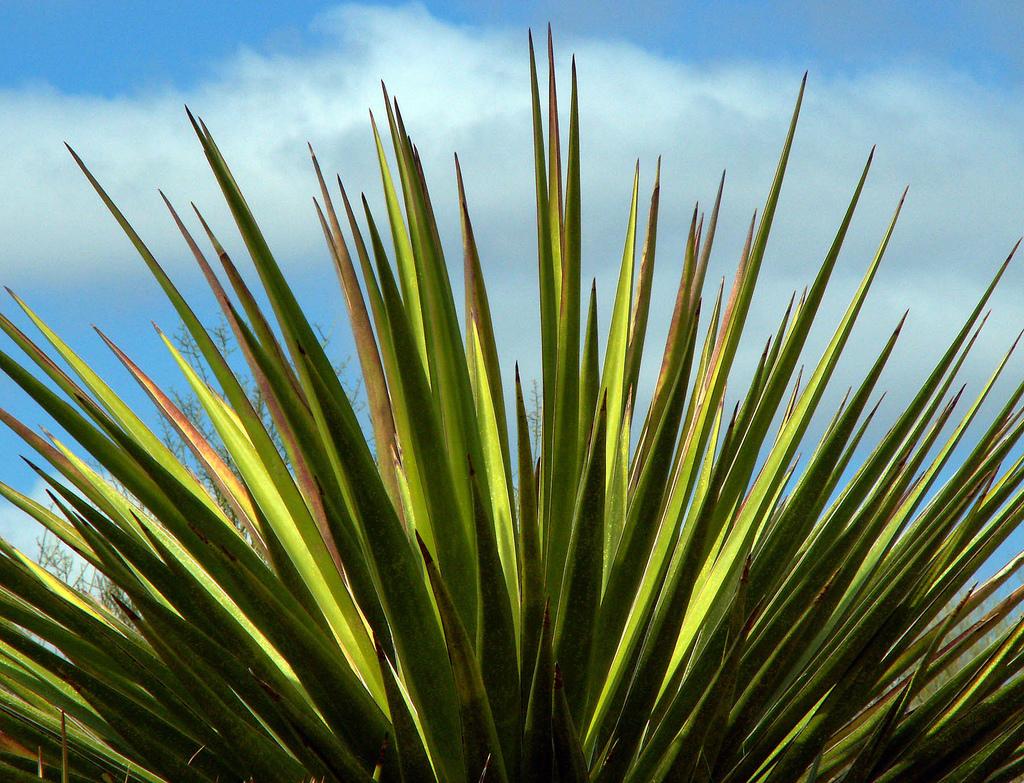3 Mins Read
Sweetener Story
First came the war on sugar. White sugar = Very Bad. While many of us still consume it, we know we shouldn’t. It’s almost embarrassing to add it to your morning coffee, especially when your colleague proudly affirms: “Coffee? I take it black.” Then came the attack on artificial sweeteners. Sucralose (Splenda), Saccharin (Sweet’n’Low), Aspartame (Equal)-we have read the studies and been duly warned about their links to cancer. Then we got told that honey, while it can contain many special nutrients in its raw, unprocessed form, is still very high in calories and pushes the body’s glycemic index right up. More than anything, over the past decade we have been regularly advised about the hugely detrimental effects of High Fructose Corn Syrup (HFCS). No foodie worth his (Pink Himalayan) salt would advocate consuming it, even infrequently. We have all seen the famous graph where the rise in diabetes in the United States is superimposed on the rise in the use of HFCS and the lines are as close to an exact match as you can get.
Obviously the search for a healthy, low-calorie, low-glycemic, natural sweetener has been a long and arduous road. And then came agave nectar (also know as agave syrup). The unctuous, very sweet sap of the cactus plant’s heart, agave felt like the answer to our collective sweet tooth problems. Popular for a long time amongst those in the health community, it has now made its way into the mainstream. Low-glycemic, easily dissolvable, naturally vegan, and not to hard to produce, agave seemed perfect. Ah, we humans never learn. If it sounds too good to be true, it probably is. And here’s where things get dangerously messy with agave: its fructose levels can reach above 80%. For comparison, corn syrup, the very same corn syrup that we label high fructose corn syrup, averages only 55% fructose!
Fructose Freak Out
But what’s the big fructose deal, you may wonder. Well, it turns out that fructose is really, really bad for you. As in, worse-for-you-than-white-sugar bad for you. We already kind of knew this, thanks to all the education by the press and the food and health community with regards to HFCS. Here are just some highlights of what fructose does to your body:
- -Fructose pushes your body to produce more uric acid, which can lead to gout and heart disease.
- -Fructose increases your chance of developing diabetes and becoming overweight. Excess fructose in the body is converted to triglycerides (blood fats); too many triglycerides over time lead to insulin resistance, also known as Syndrome X or the Metabolic Syndrome, and Step 1 on the scale towards developing full-blown Type 2 Diabetes.
- -Fructose is hard on your liver; the latter has trouble processing it and too much fructose consumption can lead to Non-Alcoholic Fatty Liver Disease (NAFLD).
- -Fructose consumption makes it very difficult for your body to absorb the following nutrients and minerals: copper (which is required collagen production), zinc, iron, magnesium and calcium. All our vital to our daily health.
There are many other reasons- too many to explore here- why fructose should be avoided. But the reasons listed above are why many voices in the health food community believe agave should be relabeled ‘High Fructose Agave Syrup’.
Bottom Line
Let’s be clear: consuming agave once in a while is probably not going to lead to permanent health issues. What is worrying is that agave has become the natural sweetener of choice. Products containing agave are popping up all over store shelves in vegan, gluten-free and naturals snacks, desserts and prepared foods with marketing language that implies that agave is a safe, low glycemic alternative to products that contain sugar or artificial sweeteners. It is also the main sweetener in prepared raw vegan desserts and treats. Raw food converts tend to be the most orthodox crowd in the health food world when it comes to what what put into their bodies. Yet most raw foodists are unaware of the damage they are doing to their bodies by consuming agave, whilst being convinced they are following what is in their eyes the world’s healthiest eating plan. In conclusion: limit agave consumption and as always, make sure to educate yourself and know what you are consuming. Remember, you are in charge of what you eat!




